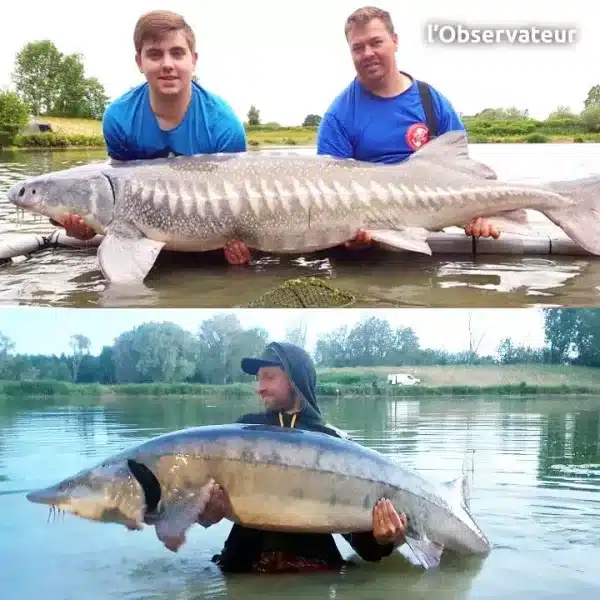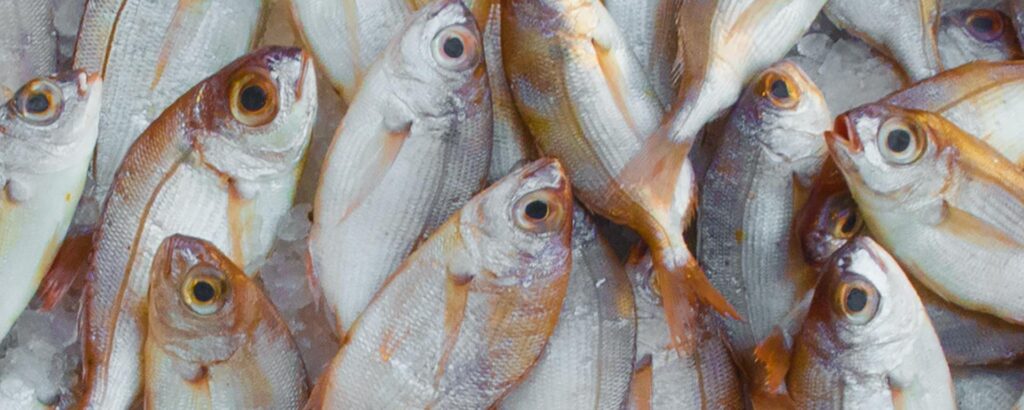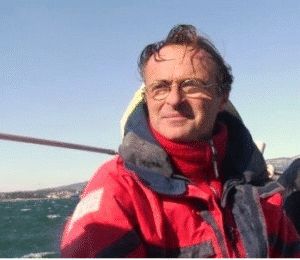There salmon fishing in Alaska is at the heart of lively debates within North American maritime communities. While the groups of the British Columbia advocate for a reclassification of this activity as being unsustainable, Alaska authorities maintain their position, maintaining that their methods meet the requirements for resource management. The laws in force aim to preserve salmon populations, establishing clear objectives relating to the quantities of fish to maintain to ensure their sustainability. However, several researchers denounce the consequences of intensive fishing on local ecosystems and the increasing vulnerability of certain species, emphasizing the importance of a conservation approach. sustainability in terms of harvest. The situation is all the more complex as recent reports highlight the divergences in perception between the maritime provinces and the neighboring state. Indeed, while British Columbia fisheries are forced to restrict their activities due to the decline in salmon populations, Alaskan fishermen continue their activities according to a model considered by some to be excessive and harmful to the ecological balance. . The resulting conflict of interest raises crucial questions about the future of this prized resource.

The question of the fishing sustainability in Alaska is at the heart of an intense debate, particularly between British Columbia groups and Alaskan authorities. Pressure from conservation organizations and local fishermen highlights the importance of careful management of fish stocks, particularly salmon, which represent a crucial resource both economically and ecologically. Recently, there have been calls to reclassify Alaska’s fishing as unsustainable, a request that has been rejected by the relevant authorities.
Table of Contents
ToggleBackground to the British Columbia groups’ request
British Columbia, a region rich in marine biodiversity, has seen its salmon populations affected by various factors, including climate change and overfishing. Due to the proximity of Alaskan waters, local policymakers and scientists are concerned that Alaska’s fishing practices will harm the conservation of salmon stocks, thereby affecting the entire ecosystem. Indeed, studies show that pressure from commercial fishing can cause an imbalance in salmon populations, with notable consequences on the region’s marine ecosystems.
Environmental organizations like the Wild Fish Conservancy have said Alaska’s fishing methods, including trawling, jeopardize the sustainability of marine resources. As a result, they called for Alaska’s fishing to be classified as unsustainable, which would have significant implications for trade and commercial regulations, particularly with British Columbia.
Reporting and assessment of fishing stocks
In response to concerns raised, several reports have been developed to assess the status of salmon stocks in the North Pacific. These assessments are crucial because they provide data on the health of different salmon populations, including sockeye and king salmon, which are essential to the commercial fishing industry and local communities.
A report detailing the assessment of Alaska pollock deemed the fish a relatively well-managed stock by current standards, despite increasing pressures on the marine environment, including from aquaculture and human activities in general. The study highlighted the proactive management implemented by Alaska, where strict fishing quotas were implemented to preserve salmon populations while ensuring the economic viability of local fishermen.
It is also noted that the State of Alaska adheres to strict salmon population management goals, including specific targets for the number of fish to be harvested each season. These regulations are essential to maintain the balance between economic exploitation and preservation of maritime resources.
Future perspectives and practical recommendations
To address environmental and economic concerns related to fishing in Alaska, it is imperative to promote sustainable fishing strategies. This includes adopting fishing technologies that minimize impact on non-target species and respecting practices such as selective fishing. Partnerships between fishermen, scientists and management organizations could also promote a better understanding of issues related to fishing sustainability.
A model to follow could be the British Columbia initiative, which implemented community-based fisheries management practices. These methods encourage the participation of local communities in decision-making regarding the management of maritime resources and promote a collective approach to sustainability. Therefore, these practices should be expanded across the North Pacific, encouraging collaborative agreements between Alaska and British Columbia to optimize fisheries regulation.
To ensure the sustainability of salmon stocks, it is also crucial to invest in research and monitoring programs for fish populations. Integrating modern technology, such as the use of drones and marine sensors, could provide essential data on fish migrations and behaviors, allowing more informed management policies to be developed.
The challenges of managing fisheries in Alaska and British Columbia require ongoing and constructive dialogue. By working together, stakeholders can not only protect salmon stocks, but also secure the economic and cultural future of communities that depend on this resource. Sustainable fishing initiatives and shared management agreements could well represent the keystone to preserving this rich and varied ecosystem.

⏳ Profitez des derniers jours pour pêcher la #truite en 1ère catégorie.
— Fédération Nationale de la Pêche en France (@LaFNPF) September 9, 2024
🎣 La saison de la truite touche à sa fin. La #pêche en 1ère catégorie ferme ce dimanche 15 septembre pour permettre aux salmonidés de se reproduire en toute tranquillité. pic.twitter.com/bTK1cfv2hl
Alaska Fishing Classification Application Rejection FAQ
Why do BC groups want Alaska fishing to be classified as unsustainable? British Columbia groups say salmon fishing in Alaska is harming the preservation of salmon species in the region, citing concerns about environmental impact and overexploitation of marine resources.
What laws are in place in Alaska regarding the management of salmon fishing? Alaska’s laws include strict management goals to ensure salmon populations are respected. This involves specific targets for the number of salmon to be maintained in the state’s rivers and oceans.
What are the arguments put forward by researchers regarding the state of salmon stocks? Researchers say salmon stocks have seen recent declines due to overfishing and other environmental factors, supporting the call for classification as unsustainable.
What consequences could there be if Alaska fishing is classified as unsustainable? Such a classification could lead to restrictions on fishing quotas and would affect commercial fishermen, but also the local community who depend on this resource for their livelihood.
Which organizations support the request for Alaska fishing classification? Several organizations, including conservation groups and local communities, support this demand, emphasizing the need for sustainable fishing to preserve marine ecosystems.
How does fisheries management differ between Alaska and British Columbia? In British Columbia, management is often stricter due to concerns about the decline of some salmon populations, while in Alaska, regulations may allow more intensive fishing due to the perception of more robust stocks.









